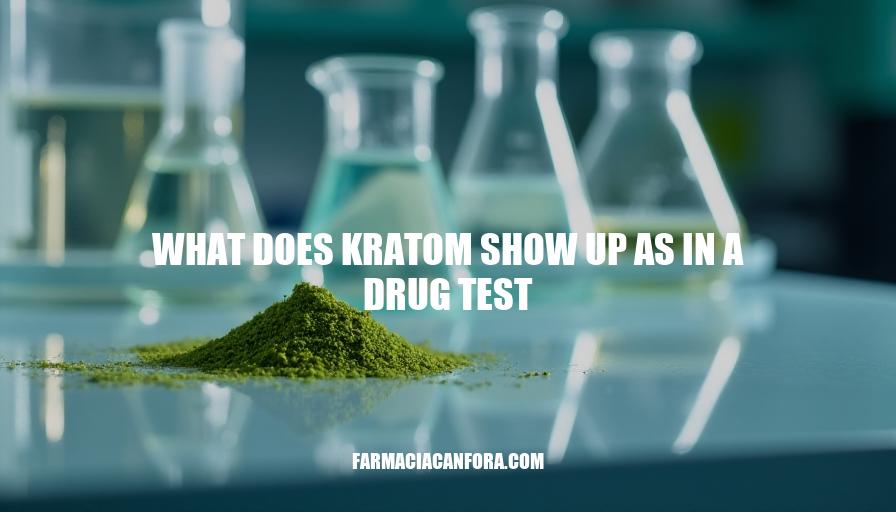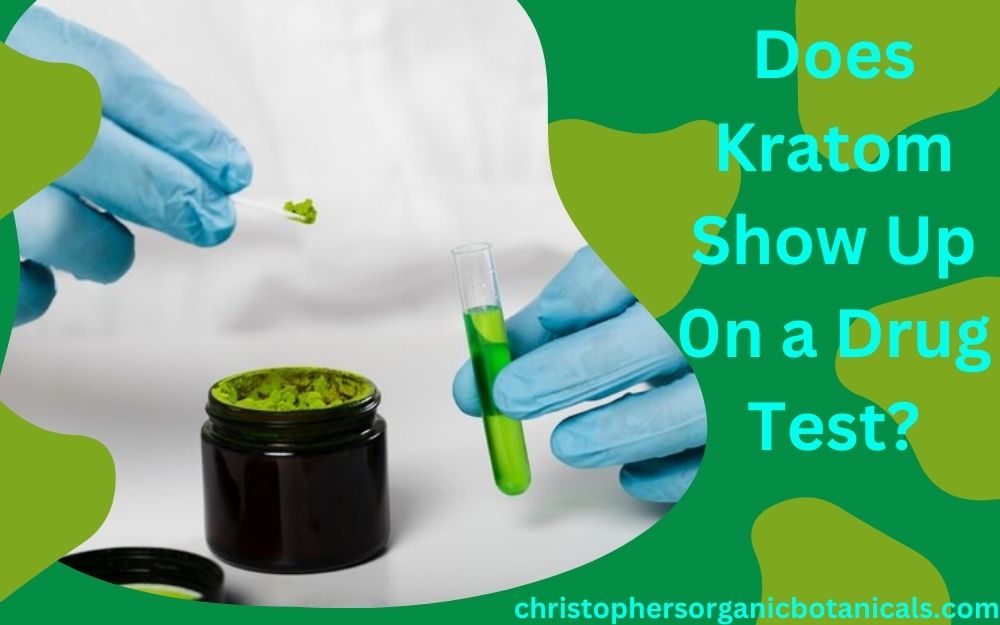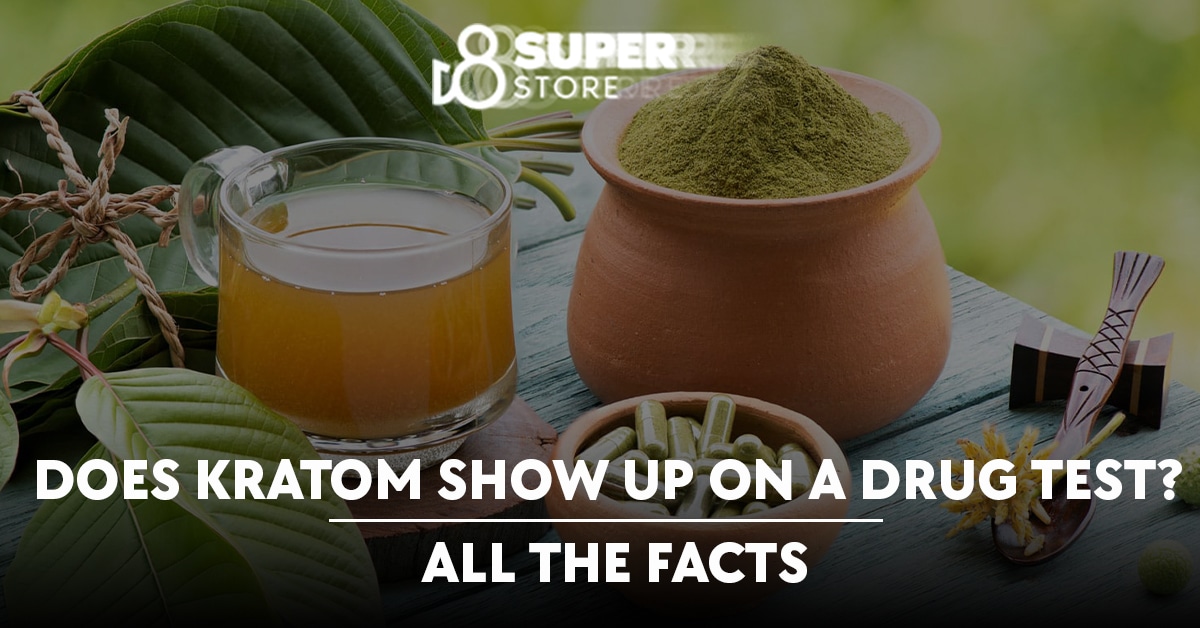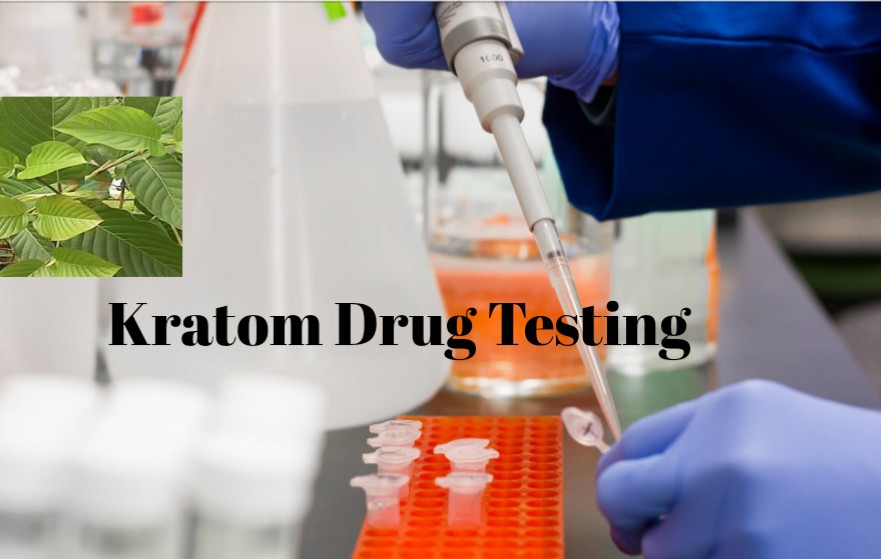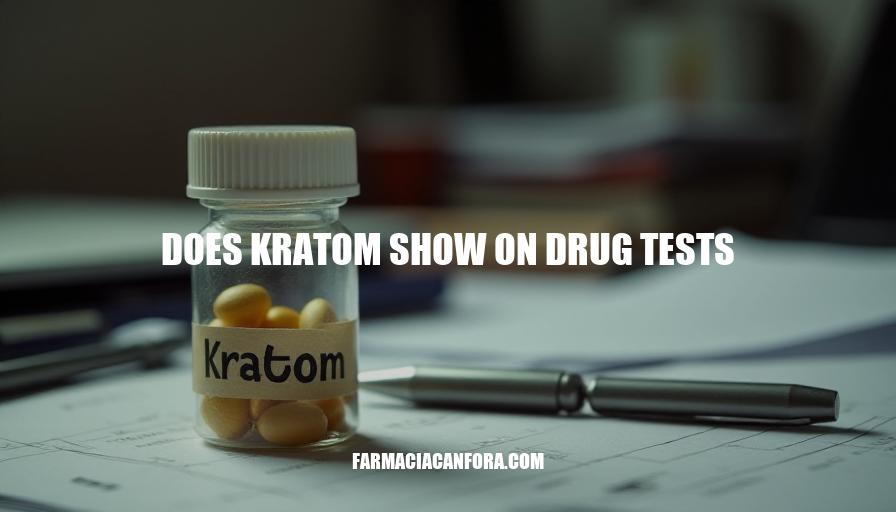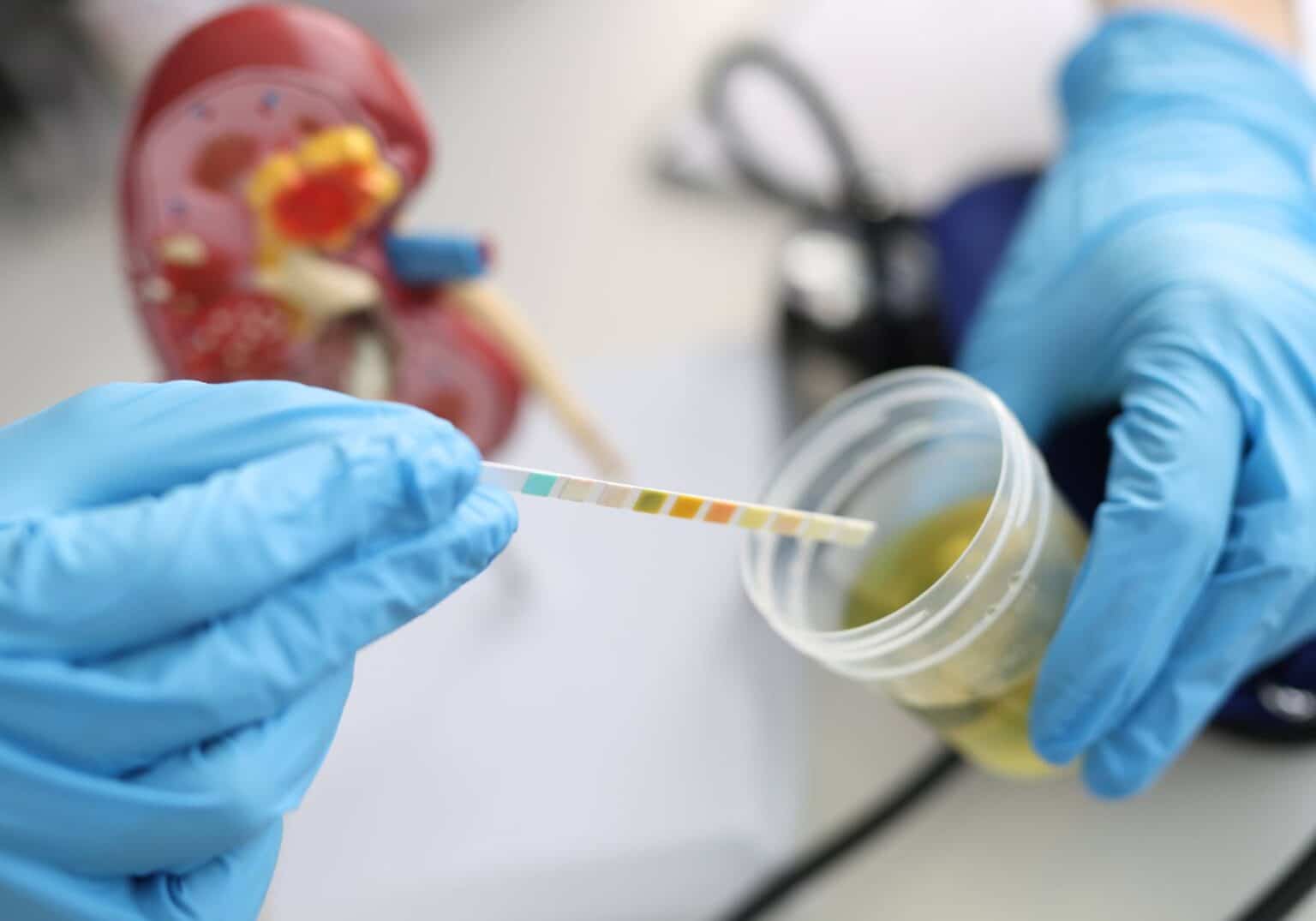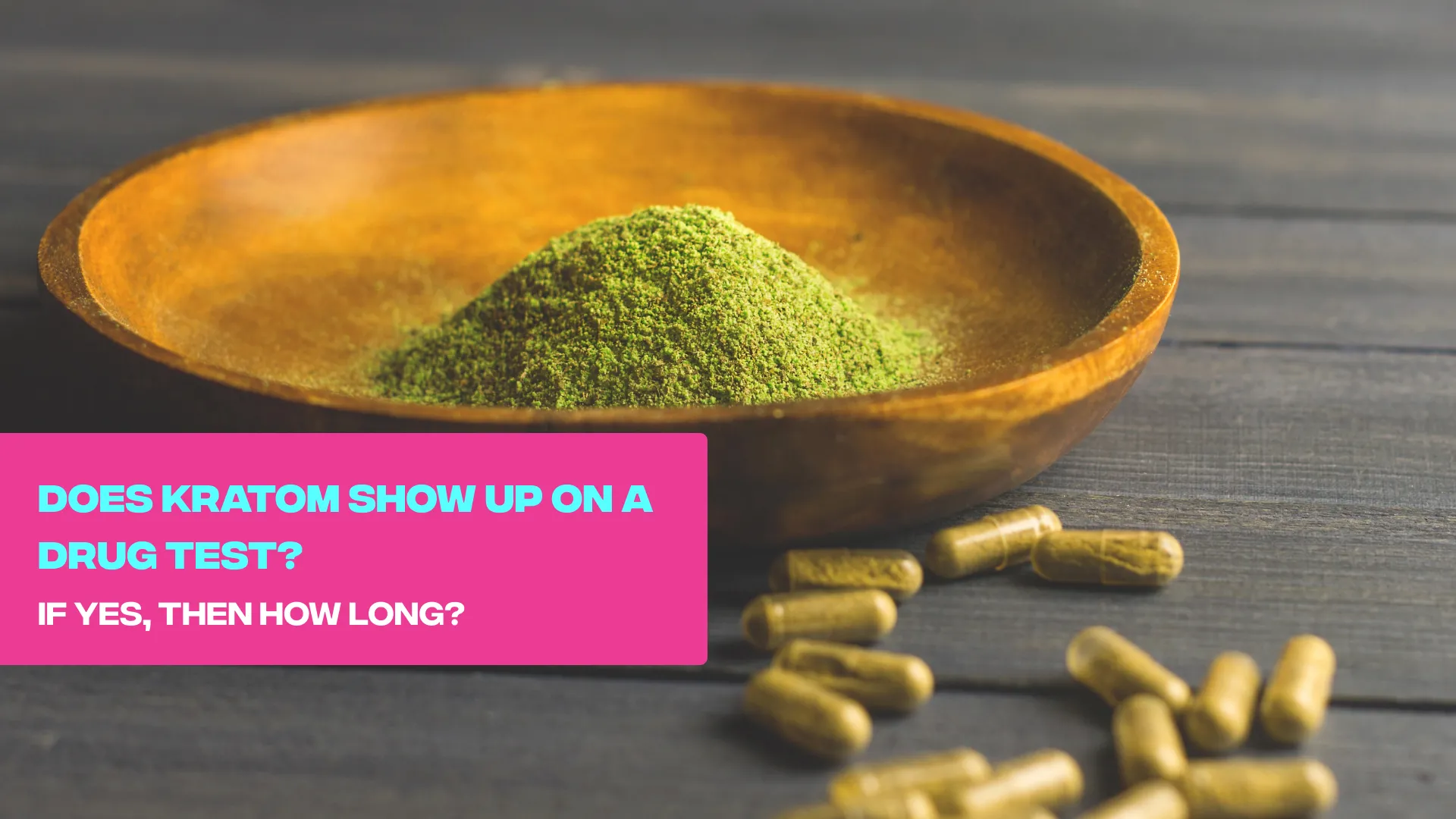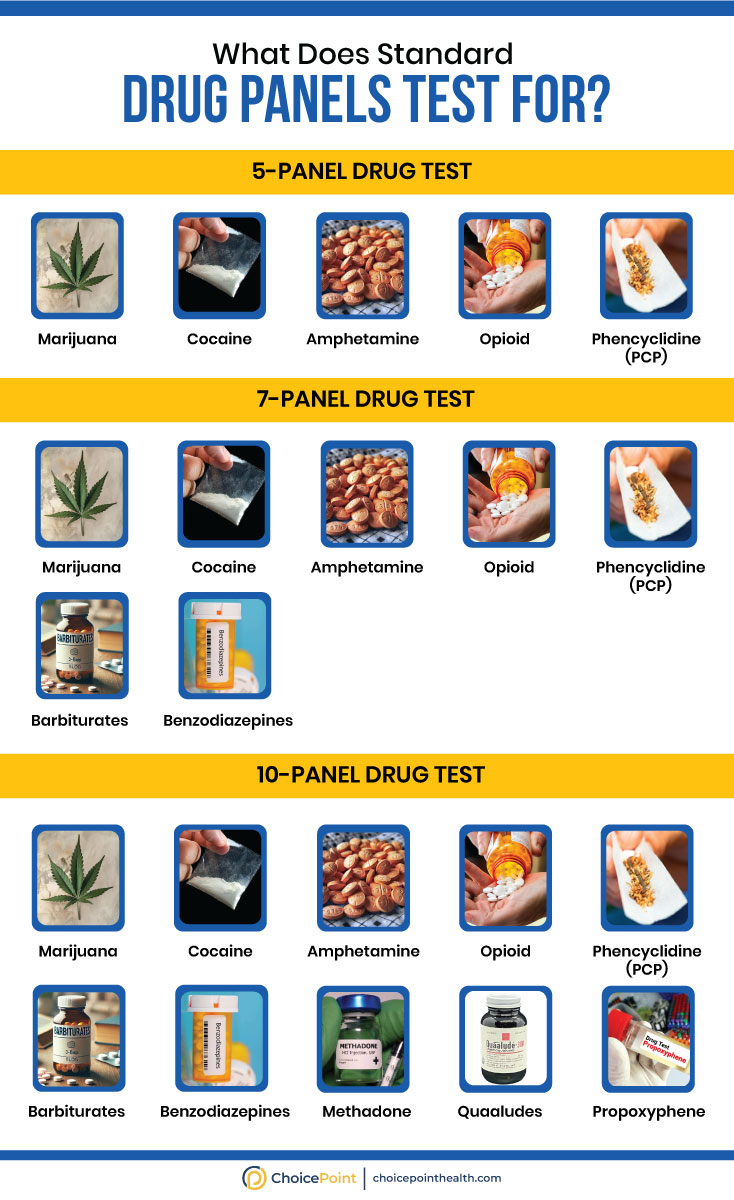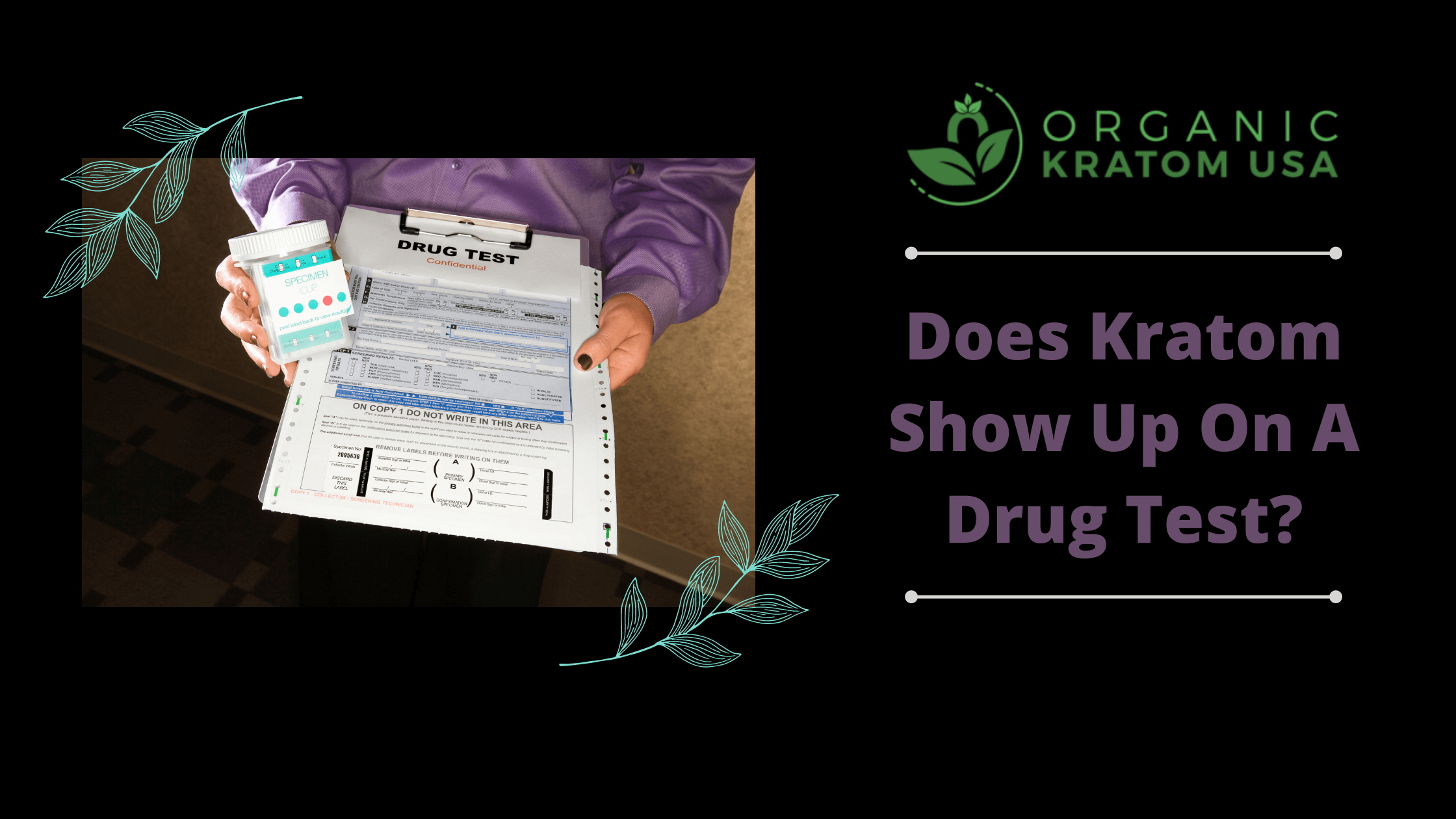Does Kratom Show On A Drug Test

The murky waters surrounding kratom, a Southeast Asian plant garnering increasing attention for its opioid-like effects, have many users and employers alike asking a critical question: Does it show up on a drug test? The answer, unfortunately, is not a straightforward yes or no, adding another layer of complexity to the ongoing debate over kratom's legality and regulation.
While kratom is not routinely screened for in standard drug tests, specialized tests exist to detect its presence. This reality has significant implications for individuals in safety-sensitive professions, those undergoing court-ordered drug monitoring, and anyone subject to employer drug screening policies. The lack of universal testing protocols and the potential for tailored kratom detection create a landscape ripe with confusion and uncertainty.
The Nut Graf: Unpacking Kratom and Drug Testing Realities
At its core, this issue hinges on the fact that standard five-panel or ten-panel drug tests, which commonly screen for substances like marijuana, cocaine, opioids, amphetamines, and PCP, do not include kratom. However, the active compounds in kratom, primarily mitragynine and 7-hydroxymitragynine, can be detected through more specialized and expensive tests. This article will delve into the intricacies of kratom testing, exploring its availability, accuracy, and the broader implications for users and employers navigating this evolving landscape.
Standard Drug Tests: Why Kratom Goes Undetected
The vast majority of drug tests used by employers, probation officers, and medical professionals are designed to identify a specific panel of commonly abused substances. These panels are chosen based on prevalence of use, potential for impairment, and cost-effectiveness of testing. Kratom, despite its growing popularity, has not yet reached the threshold of widespread abuse that would warrant its inclusion in standard drug testing panels.
Adding kratom to routine screening would significantly increase the cost per test, and labs are hesitant to make that investment without clear demand or regulatory mandates. Furthermore, the focus of most drug tests is on substances with established legal frameworks and clear definitions of impairment, which is an area where kratom remains contested.
Specialized Kratom Testing: When and How It's Done
While standard tests overlook kratom, specialized tests designed specifically to detect mitragynine and 7-hydroxymitragynine do exist. These tests are typically performed using techniques like liquid chromatography-mass spectrometry (LC-MS), a highly sensitive method capable of identifying trace amounts of specific compounds in urine, blood, or saliva.
These specialized tests are not widely available and are considerably more expensive than standard drug screens. They are typically only used in specific circumstances, such as forensic investigations, clinical research studies, or when an employer has a specific reason to suspect kratom use. Labs offering these tests may require specific instructions or justifications for the analysis.
Accuracy and Detection Windows: What You Need to Know
The accuracy of kratom-specific drug tests is generally considered high, particularly when performed by reputable laboratories using validated methods. However, the detection window – the length of time kratom remains detectable in the body – is a crucial factor.
Studies suggest that mitragynine can be detected in urine for approximately 1 to 9 days after last use, depending on factors like dosage, frequency of use, and individual metabolism. Blood tests may have a slightly shorter detection window. This variability underscores the importance of understanding individual factors when interpreting test results.
Employer Policies and Legal Considerations: Navigating the Gray Areas
The absence of federal regulations regarding kratom testing leaves employers in a precarious position. Some companies have explicitly banned kratom use and implemented specialized testing programs, while others remain silent on the issue.
Employers must ensure that their drug testing policies are clearly defined, consistently applied, and compliant with state and local laws. It's crucial for employees to understand their company's policy on kratom use and the potential consequences of a positive test result. Legal challenges related to kratom testing are likely to increase as its use becomes more prevalent.
Perspectives on Kratom Testing: Balancing Safety and Individual Rights
The debate over kratom testing reflects the broader controversy surrounding the substance itself. Proponents of testing argue that it's necessary to ensure workplace safety, particularly in industries where impairment could have serious consequences. They maintain that employers have a right to know if their employees are using substances that could affect their performance.
Conversely, opponents argue that mandatory kratom testing is an invasion of privacy, especially given the lack of evidence definitively linking kratom use to workplace accidents or impaired performance. They point to the potential for false positives and the stigma associated with drug testing, arguing that individuals should not be penalized for using a substance that is legal in many jurisdictions.
The Future of Kratom Testing: Trends and Predictions
As kratom's popularity continues to grow, it is likely that specialized testing will become more readily available and potentially less expensive. Increased awareness and concern about kratom's effects may lead to more employers incorporating kratom screening into their drug testing programs.
Furthermore, regulatory changes at the state or federal level could significantly impact the landscape of kratom testing. If kratom becomes subject to stricter regulations or even outright bans, testing may become more widespread as a means of enforcing compliance.
Conclusion: Navigating the Uncertainty
The question of whether kratom shows up on a drug test is complex and nuanced. While standard drug tests do not screen for kratom, specialized tests are available and can detect its presence. The decision to implement kratom testing ultimately rests with employers, but it's crucial that these policies are informed by sound science, legal considerations, and a balanced perspective on the risks and benefits of kratom use. As the kratom landscape continues to evolve, both users and employers must stay informed about the latest developments in testing technology and regulatory frameworks.
